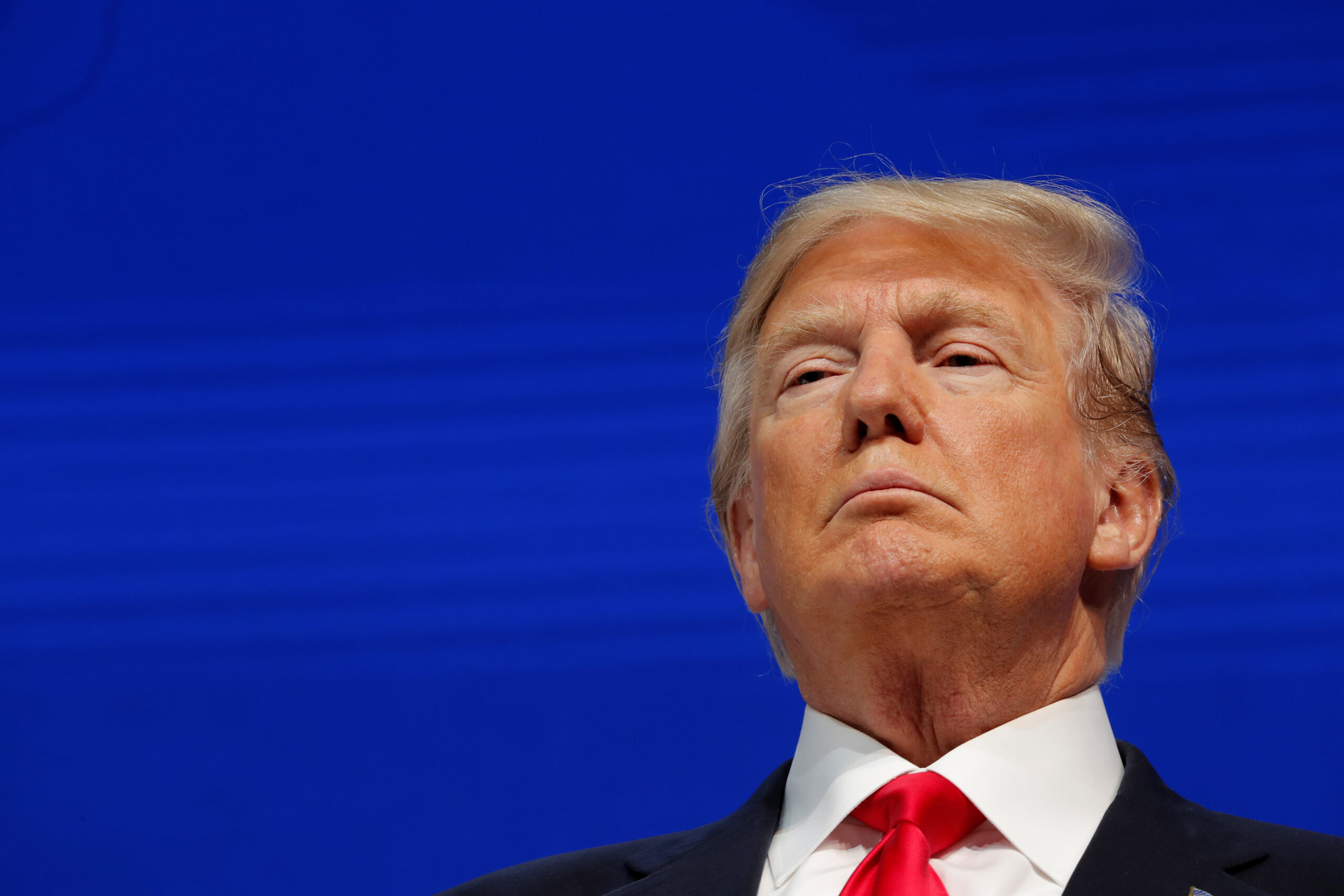

On October 26, 2024, Taiwan announced its intention to join the International Monetary Fund (IMF) as a strategic move to bolster its financial resilience against perceived threats from China. Taiwan's economy, which is comparable in size to Poland's, has been increasingly vulnerable to China's economic pressures, prompting the Taipei Economic and Cultural Representative Office to advocate for its membership during the recent IMF and World Bank meetings [d3c66c55].
The United States has expressed support for Taiwan's bid for international participation, reinforcing its commitment to assist Taiwan in enhancing its global standing. This support aligns with U.S. legislation from 2020 that promotes Taiwan's membership in international organizations [d3c66c55]. However, China has vehemently opposed Taiwan's efforts, labeling it as 'Taiwan Province of China,' which complicates Taiwan's aspirations for recognition [d3c66c55].
During discussions surrounding Taiwan's membership, U.S. officials, including those from the State Department, have highlighted Taiwan's potential contributions to the IMF, emphasizing the importance of its inclusion in the global financial system [d3c66c55]. Recently, the U.S. House of Representatives approved a bill advocating for Taiwan's IMF membership, with Rep. Patrick McHenry underscoring Taiwan's economic significance in the region [d3c66c55].
Despite these developments, the IMF has remained non-committal regarding Taiwan's membership application. This situation reflects the complex dynamics of international relations, where Taiwan, despite lacking U.N. representation, seeks to join the ranks of global organizations like the IMF, similar to Kosovo, which is an IMF member without U.N. recognition [d3c66c55].
As Taiwan navigates these challenges, its pursuit of IMF membership represents a critical step in securing its economic future amid ongoing tensions with China. Concurrently, the geopolitical landscape is shifting, particularly with the potential return of Donald Trump to the U.S. presidency. His administration previously utilized the IMF and World Bank to further U.S. global objectives, maintaining financial contributions and collaboration in G7 and G20 meetings [9dabe186].
With rising tensions with China, speculation suggests that a Trump administration might increase tariffs and exert pressure on the IMF to support U.S. positions against China. However, the IMF may face challenges in labeling China as a currency manipulator due to a lack of support from other shareholders [9dabe186]. Additionally, the administration may push for more politically motivated loans to allies, which could risk the IMF's financial stability [9dabe186].
As Taiwan's IMF membership bid unfolds, it intersects with broader geopolitical dynamics, including scrutiny over climate-related lending and potential changes in leadership at both the IMF and World Bank, particularly concerning the World Bank presidency [9dabe186]. The IMF's 2023 capital increase ratification is also pending, with potential shifts in U.S.-European personnel agreements looming [9dabe186].